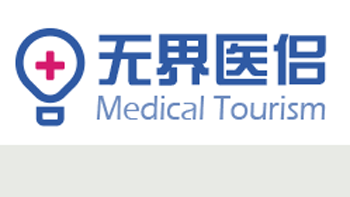China may become the largest source of medical tourists in the world. The country’s massive population and rising income make going abroad for medical procedures more accessible than ever. Hospitals and clinics around the world are targeting Chinese patients.
Prospective patients typically go through agents to find the right hospital and set up appointments. An agent can charge anywhere from US $1,600 to $8,000 as a commission to connect the patient to the clinic- and often are limited to one or a few clinics.
A new service based in the southern Chinese city of Guangzhou wants to cut out the agents, to save medical tourists time and money, and give them more options.
MeddiBuddy is a directory of overseas clinics that cater to Chinese medical tourists. Founder Dr. Harsh Sethia explains,” We wanted to build something for people to get directly in touch with hospitals and not through agents.”
Users select the type of procedure and which country they wish to go to. For each clinic listed, MeddiBuddy posts contact information, an address; a description of the facility, what types of procedures can be done there, social media accounts, photos, and reviews from previous patients.
It also lets the user know if a translator is available. Many of the clinics that cater to Chinese patients have set up WeChat accounts to make correspondence easier, and MeddiBuddy displays the WeChat QR code for each.
Cosmetic surgery is the most common procedure for Chinese medical tourists, and South Korea is probably the most common destination. After cosmetic surgery, IVF treatment is the most popular procedure. In some countries outside of China, parents can choose the sex of the child – a significant advantage in a society where parents still often prefer male children.
While cosmetic surgery, fertility treatment and cancer care are now all available in China, Chinese patients often opt for overseas clinics in Switzerland, the USA, or South Korea as they are worried about the quality of healthcare in China.
They go to Japan for cancer screening. Others travel to Thailand, Malaysia, Hong Kong, or Taiwan for better value for money. Some procedures have long wait periods in China, including newborn gender selection, cancer screening, and organ transplants.
MeddiBuddy plans to add insurance plans accepted by each hospital, as well as profiles for specific doctors. While the site is currently free, it plans to charge hospitals a small per-click commission each time a WeChat QR code is scanned. The site may also charge clinics for a listing on the home page. The speed of progress will depend on customers and if it can raise US$500,000 in seed funding.








 ©2024 All rights reserved LaingBuisson
©2024 All rights reserved LaingBuisson 


